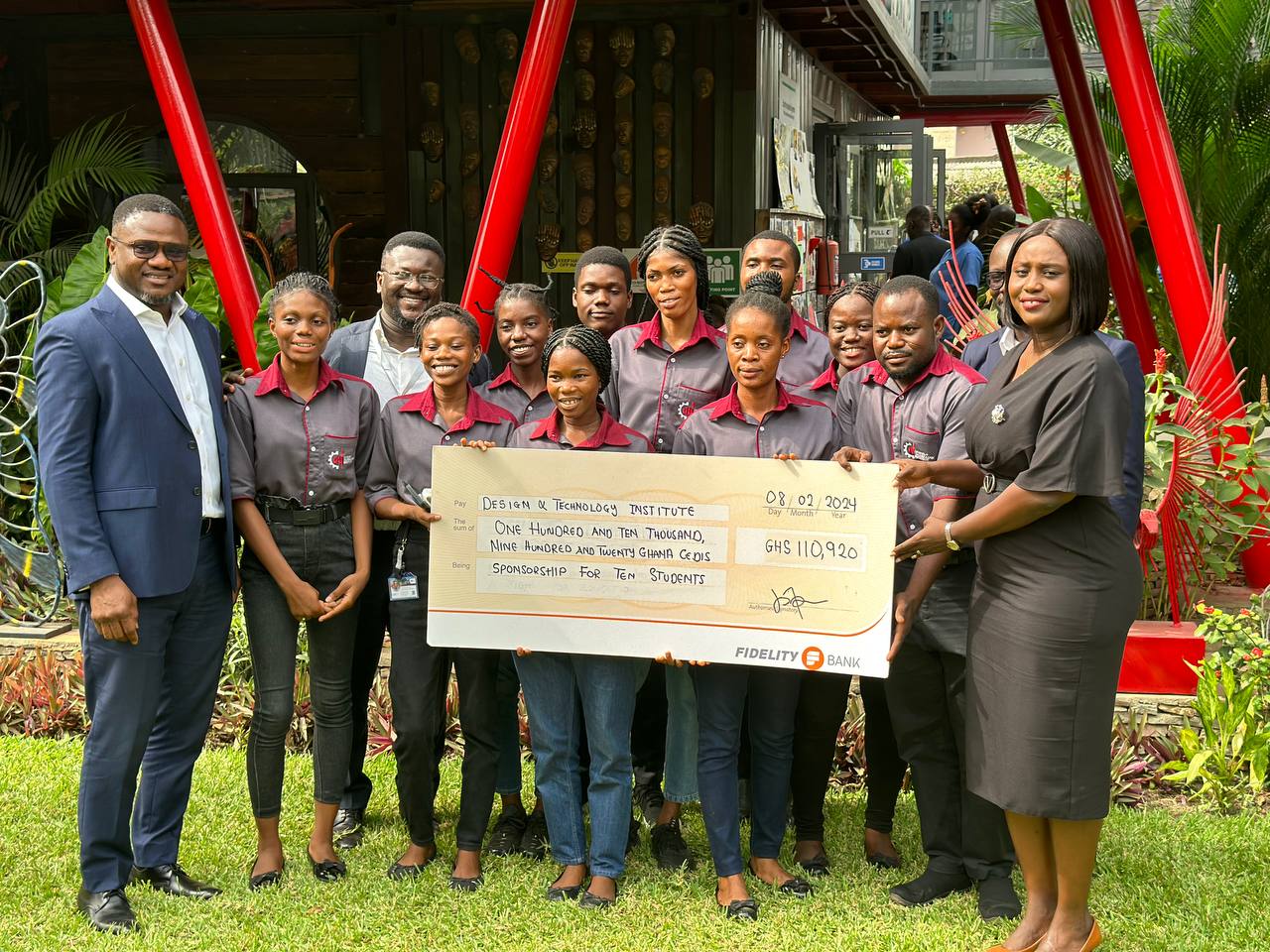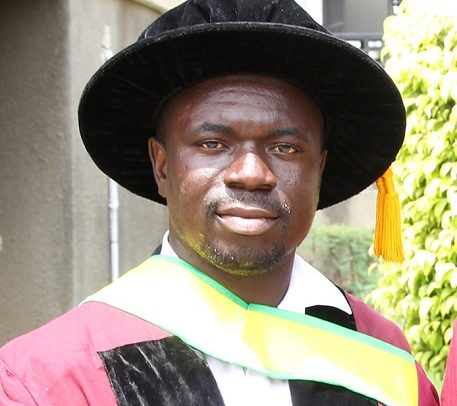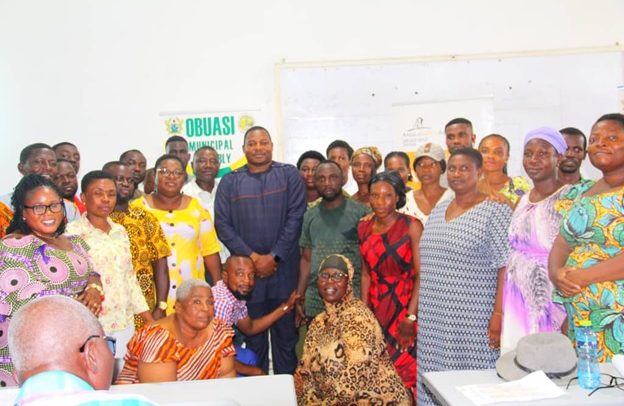
Uganda, east Africa’s third largest economy is seeking Chinese expertise on industrialization to fast track its development.
In less than one month, the country invited three Chinese experts to advise it on how to lead the country to industrialization based on China’s 30-year experience that has propelled it to the second biggest economy in the world.
Technocrats argue that Uganda can borrow a leaf from China just as Ethiopia did.
According to the International Monetary Fund figures, industrialization is one of the drivers of Ethiopia’s rapid economic growth.
Justin Lin, a professor at Peking University in China, is the latest expert visiting Uganda on a mission to help the country industrialize.
Lin who is also a former World Bank chief economist on Monday met Uganda’s Prime Minister Ruhakana Rugunda and other top government officials.
He advised that for industrialization to take off, political commitment and infrastructure development are key. He noted that industrialization has failed to take off in most Africa due to poor infrastructure development.
He said Uganda should concentrate on sectors where it possesses a comparative advantage. The country should also create incentives within economic special zones that attracts foreign direct investment.
Rugunda said the government is keenly interested in industrializing the country to fast track economic development.
Pan Li, another Chinese expert, early this month told a gathering among whom are top government officials and the private sector that in order to achieve industrialization, each African country may set up different industrial parks each specializing in a unique sector.
Li is the Co-Chair of Technical Advisory Board, Made in Africa Initiative, an initiative aimed at industrializing Africa through drawing lessons from China and other emerging economies.
Li argued that in the industrial parks, the government needs to provide necessary infrastructure and a one-stop center where investors can go to access any information regarding policies on investment.
He said in this way, the countries would have stimulated massive production and increased exports to the quota and tariff free markets and thus earning the country huge foreign exchange.
Li advised that for a start, a country may set up a state of the art industrial pack that can be used as a model to show the advantages of the industrial park model.
Jolly Kamugira, Executive Director of Uganda Investment Authority, a state-run investment agency, told Xinhua in a recent interview that Uganda has already adopted the industrial park model drawing lessons from China and Ethiopia.
Kamugira said over the next five years, Uganda plans to build 23 industrial parks spread all over the country. Currently only four are active and by 2020, the country would have the 23 parks operational.
INDUSTRIALIZATION PUSH
Uganda is pushing for rapid industrialization to stop the loss of billions of dollars per year to imports from Asia, Europe, South Africa and the United Arab Emirates.
Most of the money is spent on textiles, cars, leather goods, alcohol among others, according to government figures. The figures show that in the textile industry alone, the country loses 888 million dollars in imports.
Several government technocrats argue that Uganda’s comparative advantage is in agro-processing. They argue that there is need to add value to the agriculture produce which is exported to various domestic, regional and international markets.
Uganda exports its agriculture products tax and quota free to the United States through the American Growth Opportunity Act. It has also access to the European Union market and other markets like China on tax and quota free basis.
In the region, Uganda supplies its agriculture produce to neighboring South Sudan, Democratic Republic of the Congo, Rwanda, Burundi and Kenya.
The country has set up incentives to attract investors into the agriculture sector, which include tax free export on agricultural products. Investors would not pay tax on machinery imported into the country to add value to agriculture produce.
In a bid to ensure sustained agricultural production, David Bahati, minister of state for finance, recently announced that government has accepted the setting up of over 80 factories to manufacture solar powered irrigation pumps.
Bahati said over 186 billion shillings (53 million U.S. dollars) is to be set aside to help in the manufacturing of the pumps.
“We cannot continue to depend on whether if we are going to benefit from agriculture,” he said.
Besides the irrigation, government has also set aside 260 billion shillings to buy seedlings that will be given to farmers for free across the country.
“Agriculture is one area that will help us spread growth,” Bahati noted.
Agriculture is Uganda’s main economic activity with over 70 percent of the country’s population deriving its livelihood from the sector.
Government figures show that the sector growth 2014/15 was 4.4 percent with a contribution of 24 percent to the GDP. The growth was mainly on account of increased cash and food crop production. Enditem
Source: Xinhua/NewsGhana.com.gh
Read Full Story















Facebook
Twitter
Pinterest
Instagram
Google+
YouTube
LinkedIn
RSS